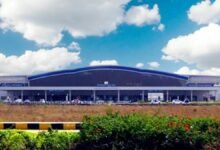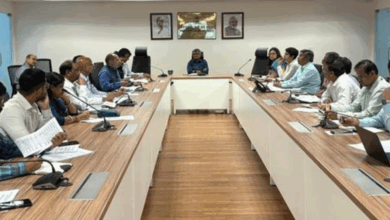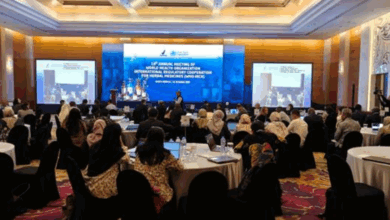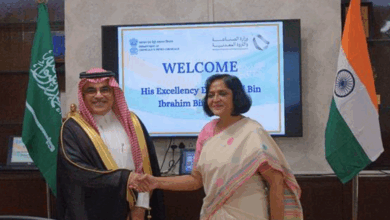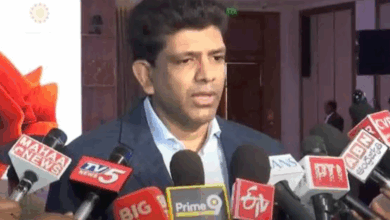Six Greenfield airports have been operationalised since 2019
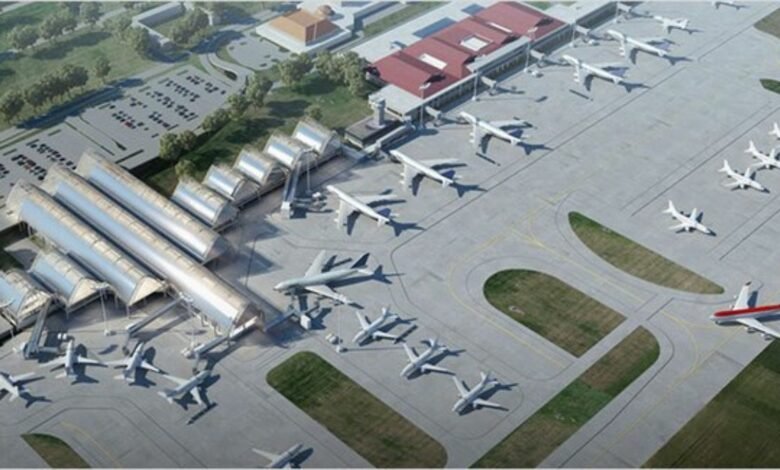
Tariff Monitoring Unit monitors airfares on certain routes on monthly basis to ensure that the airlines do not charge airfares outside a range declared by them
The government of India has formulated a Greenfield Airports (GFA) Policy, 2008 which provides detailed guidelines, procedures and steps related to the construction of Greenfield airports across the country. Under the Greenfield airports Policy, the project proponent- an airport developer or the respective State Government willing to establish a Greenfield airport is required to send a proposal to the Ministry of Civil Aviation (MoCA) in the prescribed format for a 2-stage approval process i.e., ‘Site Clearance’ followed by ‘In-Principle’ approval.
Since 2019, 6 Greenfield airports namely, Kalaburagi (project cost Rs. 175.57 crores), Orvakal (Kurnool) (project cost Rs. 187 crores), Sindhudurg (project cost Rs. 520 crores), Itanagar (project cost Rs. 646 crores)Kushinagar (project cost Rs. 448 crores) and Mopa (project cost Rs.2870 crore) have been operationalised, out of which Kushinagar and Mopa airports are International airports.
Under Greenfield airports Policy 2008, in the state of Madhya Pradesh, MoCA has accorded ‘in-principle’ approval for setting up a greenfield airport at Dabra (Gwalior). Further, MoCA has granted the first stage clearance i.e. site clearance for the construction of a new greenfield airport at Singrauli in the State. Airports Authority of India has also undertaken expansion of its existing airports namely Gwalior, Rewa& Jabalpur in Madhya Pradesh.;
After the deregulation of the airline sector, airfare is market driven and is neither established nor regulated by the Government. Air ticket prices generally vary depending on market forces. Airline pricing runs in multiple levels {buckets or Reservation Booking Designator (RBD)} which are in line with the practice being followed globally. Due to dynamic fare pricing, the tickets bought in advance are much cheaper than those purchased near the date of travel.
The airlines are free to fix reasonable tariffs under the provisions of sub-rule (1) of Rule 135 of the Aircraft Rules, 1937 having regard to all relevant factors, including the cost of operation, characteristics of services, reasonable profit and the generally prevailing tariff.
Directorate General of Civil Aviation (DGCA) has a Tariff Monitoring Unit that monitors airfares on certain routes on monthly basis to ensure that the airlines do not charge airfares outside a range declared by them. The airlines are compliant with the Sub Rule (2) of Rule 135 of the Aircraft Rules, 1937 as long as the fare charged by them is in line with the fare displayed on their website.
Bureau of Civil Aviation Security (BCAS) has issued an Avsec Circular No. 09/2021 dated 02.12.2021 regarding Protocol/ Courtesy/ Facilitation to Hon’ble Members of Parliament at Civil Aerodromes/ Civil Enclaves in India. Vide the said Circular, airlines are mandated to nominate a protocol officer at the aerodromes to facilitate VIPs during their travel. The circular also delineates the role of Airline Operators, Airport Operators, Aviation Security Groups and BCAS in providing facilitation to Hon’ble Members of Parliament to ease their travel by air.
This information was given by the Minister of State in the Ministry of Civil Aviation Gen.(Dr) V. K. Singh,(Retd) in a written reply to a question in Lok Sabha today.
Disclaimer: This is an official press release by PIB.

